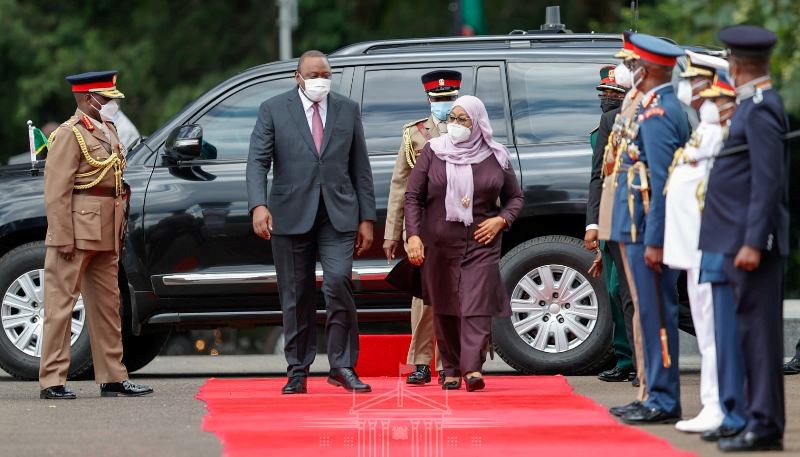By Alkali Amana
According to Douglas Macarthur, leaders are people who have ‘the confidence to stand alone, the courage to make tough decisions, and the compassion to listen to the needs of others. It is to this ilk and description that Thomas Isidore Noel Sankara belongs.
Of Africa’s finest leaders, Sankara stands out as a true test of excellence in youth leadership as he steered the affairs of Burkina Faso for 4 years, between 1983 to 1987. Born December 21, 1949, Sankara took over power from Jean Baptiste Quedraogo when he was 33 and revolutionized his country. He transformed its bearing from being a poor country dependent on foreign aid to an economically independent and progressive nation. He made it his aim to eliminate endemic corruption in Burkina Faso and make the nation an independent sovereign. Challenging the status quo, he adopted the method of changing his people’s mindset by equipping them with ideas and educating them on the need for internal development. Thus, with much commitment and vision, he led Burkina Faso on the path of self-determination and sufficiency during the years he represented the nation as its Head of State. His iconic achievements speak volumes of the kind of man he was and how he affected his country positively.
Sankara exhibited key leadership principles that set him apart as a flagbearer of the future that Africa must work towards. He believed that all citizens of Burkina Faso, Burkinabes, were equal and worked with that understanding. For him, the wealth of the country was enough for everyone to partake in, and as a visionary committed to developing his nation, he channelled his energy action and service delivery for all citizens. He held himself accountable and worked with integrity, focusing his attention on agriculture, health, education and infrastructural development.
Swinging into action to improve agriculture and the nation’s economy, Sankara stood against foreign aid and encouraged the production and consumption of local food and goods from citizens. He built the mindset of his people to understand that anyone feeding them controls them, hence the need for them to change their fate. Perseverance, hard work and collective social mobilization were his ingredients to seeing the Burkinabe solve their problems which mainly centred around food shortages and access to drinking water. It is reported that during his time wheat production in Burkina Faso rose in 3 years from 1,700kg per hectare to 3,800kg per hectare. This is an instance of the progress agriculture saw under his leadership. He also supported the cotton industry, requesting all civil servants to adopt wearing traditional attires woven from Burkinabe cotton and sewn by Burkinabe craftsmen. Part of the reason for this decision was to also improve the cultural identity of Burkina Faso to grow above the foreign influence.
Concerned with health, Sankara vaccinated 2.5 million children against meningitis, yellow fever and measles between 1983-85. Prior to his presidency, infant mortality in Burkina Faso was about 20.8%. During his time as President, it fell to 14.5%. Due to health reforms, it was estimated that the infant mortality rate in Burkina
Faso from 1982 to 1984 dropped from 208 per 1,000 births to 145. Sankara called on every village to build a medical dispensary. With the kind of drive he possessed, he had pharmacies built-in 5,384 out of 7,500 villages in the country, and it is recognized that his administration was also the first African government to publicly recognize the AIDS epidemic as a major threat to Africa.
Sankara was a women rights champion. He encouraged female leadership as he believed they form a core part of society and should partake in governance as their male counterparts. He was a firm believer in gender equality as he promoted women to positions in government and sought after their development through work and education. As a result of his support for women’s rights, Sankara outlawed female genital mutilation, forced marriages and polygamy. His energy for the inclusion and growth of women in key areas of society also saw him encourage them into the military where they were previously excluded.
Sankara, for his country, was the quintessence of what leadership should embody in creating progress and development. Other key achievements saw school attendance increase from 6% to 22% under his administration while he implemented a national agenda of preserving the environment by planting 10 million trees. As Africa seeks to elevate its status globally, it is needful to remind the continent of one of her glorious sons from whom focus can be learned. African leaders can look into the life and times of Sankara for inspiration and guidance, if nothing, for the kind of drive he had to create a nation with improved structure and organization. In his words, ‘we must dare to invent the future.


